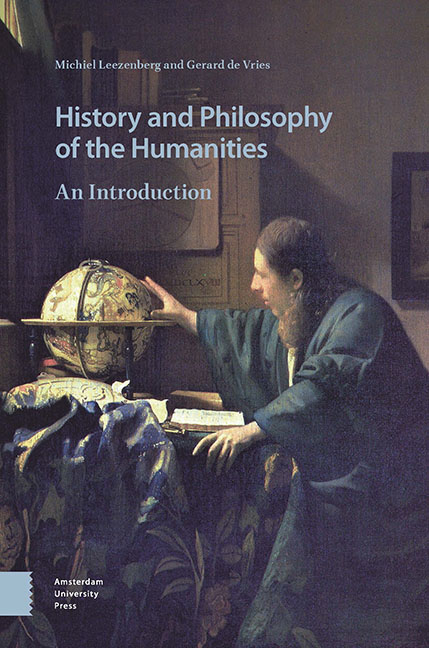13 - Postcolonialism
Summary
Introduction
One recently influential second line of radical criticism of the status and legitimation of the modern humanities can be found in the writings of so-called *postcolonial critics. Like ‘postmodernism,’ ‘postcolonialism’ is an ambivalent term. The word was initially used to indicate the political constellation in the world after the Second World War in which virtually all former colonies had achieved independence but in which various colonial and quasi-colonial relations continued to exist or to have their effects, like the use of English or French as an official language or the continuing economic, linguistic, or cultural dependence on the former colonial motherland. But postcolonialism also refers to a theoretical framework that systematically takes into account the fact of colonial domination and its enduring effects when studying political, social-economic, or cultural developments and relations in the contemporary world.
For the humanities, postcolonialism implies a very different perspective on familiar topics. First, it emphatically presents Western civilization as merely one among many classical traditions worldwide. As a result, it unmasks the *ethnocentrism hidden in both Renaissance humanism and the modern humanities as well as their implicit *universalism, which presents the particulars of classical and modern Western civilization as valid and valuable for all mankind. Postcolonial scholars argue that this attitude wrongly ignores, marginalizes, or dismisses other traditions as uncivilized or unimportant.
Second, and more radically, postcolonial theoreticians argue that the humanist ideas of Western civilization acquire a very different content and meaning in colonial settings. Some even argue that colonial domination and the concomitant racism are integral, if not essential, aspects of European humanism. Hence, postcolonial approaches offer not only a novel view of the canonical concepts, ideals, and works of European civilization but also a radical critique of various hidden assumptions in the humanities as they have developed in modern Europe.
Frantz Fanon
One of the pioneers of postcolonial criticism was Frantz Fanon (1925-1961). Born on the Caribbean island of Martinique which was at the time still a French colony, Fanon was educated in France as a medical doctor and psychiatrist.
- Type
- Chapter
- Information
- History and Philosophy of the HumanitiesAn Introduction, pp. 331 - 350Publisher: Amsterdam University PressPrint publication year: 2019



